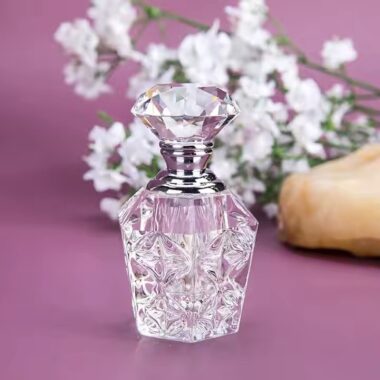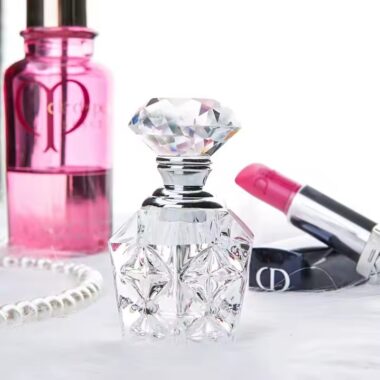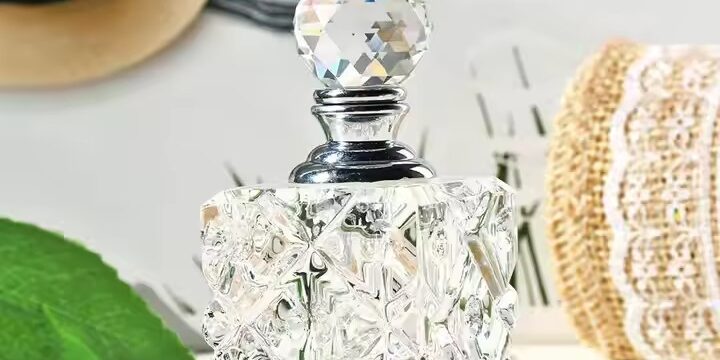🔹 Introduction
Selecting the right packaging is a major decision for fragrance brands. While the scent sells the product, the bottle defines its identity on the shelf. Glass and plastic perfume bottles are the two most common options, each with unique benefits and limitations. Understanding their differences helps buyers work with the right factory or supplier to achieve both branding and practical goals.
🔹 1. The Prestige of Glass Perfume Bottles
Glass has long been associated with luxury. Its weight, clarity, and smooth finish elevate the perceived value of a fragrance. High-end brands often prefer glass perfume bottles to signal sophistication. Factories offer clear, frosted, colored, or even crystal-like glass for premium designs. However, glass is heavier, more fragile, and usually more costly in production and shipping.
🔹 2. The Practical Benefits of Plastic Bottles
Plastic perfume bottles are lightweight, shatter-resistant, and affordable. They are ideal for travel-size collections, mass-market fragrances, and promotional gift sets. Factories can mold plastic into unique shapes and supply larger quantities at faster lead times. While plastic lacks the luxury appeal of glass, new eco-friendly plastics are emerging as sustainable alternatives, giving brands more flexibility.
🔹 3. Customization Possibilities for Each Material
Both glass and plastic bottles allow for decoration, but in different ways. Glass supports embossing, gradient spraying, hot stamping, and UV coating with a premium finish. Plastic, meanwhile, can be injection-molded in vibrant Pantone colors and fitted with durable caps and sprayers. A custom perfume bottle supplier can advise which material better matches a brand’s design vision and target audience.
🔹 4. Cost, MOQ, and Wholesale Considerations
For glass bottles, mold fees and production costs are generally higher, and MOQs may be stricter. Plastic bottles usually offer lower unit prices and smaller MOQ flexibility, making them attractive for startup fragrance brands. Wholesale buyers should compare quotations from a factory that provides both options, ensuring long-term stability and competitive pricing.
🔹 5. Choosing the Right Option for Your Brand
The decision often comes down to brand positioning. A luxury perfume targeting department stores or high-end boutiques will almost always demand glass packaging. On the other hand, a casual, travel-friendly fragrance line may benefit from plastic’s affordability and durability. Many brands even combine both—using glass for flagship lines and plastic for seasonal or promotional products.
🔹 Conclusion
Both glass and plastic perfume bottles serve important roles in fragrance packaging. Glass delivers timeless elegance and luxury, while plastic offers practicality and affordability. By understanding these differences and working with a reliable perfume bottle factory, brands can select the packaging that best supports their identity, target market, and long-term growth strategy.















